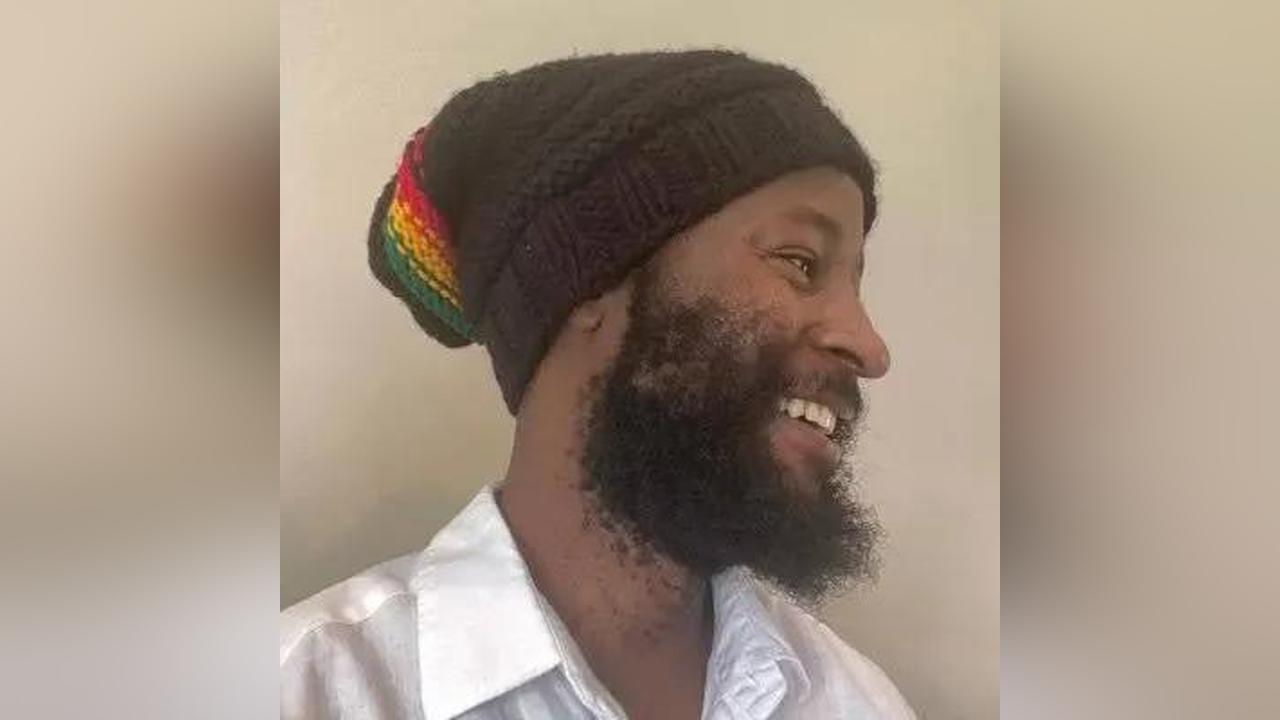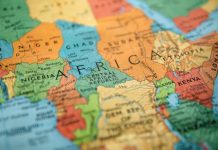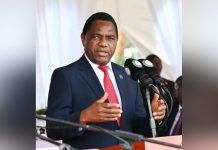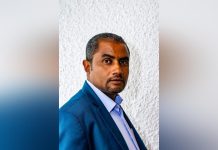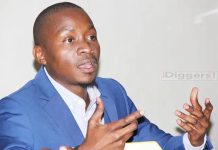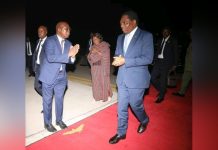Africa-Press – Zambia. In response to my earlier comment that President Hakainde Hichilema does not actively listen to the views of other citizens on national issues, State House communications specialist Clayson Hamasaka has insisted that President Hichilema is a “listening leader.” The evidence says otherwise.
Hamasaka’s recent remarks, published in The Mast’s Saturday edition, try to recast a nationwide outcry as nothing more than “yapping.” But the facts around Bill 7 and the Technical Committee on Constitutional Amendments tell a different story—one of defiance, not dialogue.
If Hichilema truly valued what citizens have to say, Bill 7 would have been buried the moment the Constitutional Court struck it down in the Munir Zulu case. Instead, his administration doubled down, appointing a Technical Committee with terms of reference lifted almost word-for-word from the discredited bill. This move ignored both legal precedent and public opinion.
The Court’s ruling was clear: Bill 7 was null. Yet the government chose a backdoor route, rebranding a rejected process and pretending legality through semantics. That is not listening; that is selective hearing.
Constitutional law experts such as John Sangwa and Professor Cephas Lumina as well as prominent civic leaders like Linda Kasonde have all called the committee unconstitutional. They warn that continuing any process based on Bill 7 is flat-out illegal. A leader who truly listens would not ignore such advice and judicial authority for political convenience.
A coalition of 37 civil-society organisations, including the Law Association of Zambia, has urged the government to pause this charade until after the August 2026 elections and to craft a proper legal framework modelled on Kenya’s 2008 Constitution Review Act. That, they argue, is how to secure legitimacy and inclusiveness in reform.
Hamasaka boasts that the President has met “over 200 people across the country.” But active listening is not about numbers. It is shown by action, not by how many meetings are held. Civil-society groups, church leaders, and traditional leaders have all given the same advice: disband the Technical Committee, stop the current process, establish a proper legal framework for future reform, and wait until after August 2026 for any constitutional changes.
These are not the cries of obstructionists; they are reasoned appeals rooted in law and common sense. The Zambia Conference of Catholic Bishops has warned that the current approach risks “further polarising the nation.” Chapter One Foundation, Transparency International Zambia, and Non-governmental Gender Organisations Coordinating Council have echoed that warning. Far from “yapping,” these voices have presented the very roadmap State House claims to be seeking.
When well-known citizens like Laura Miti say that “it’ll be HH’s Constitution, not the people’s,” they express what many people quietly feel: they are being left out of a process meant to include them. Instead of reflecting on this, State House attacks critics, calling them unpatriotic or politically motivated. This defensive reaction is exactly what former Secretary to the Cabinet Leslie Mbula warned about when he spoke of “the arrogance of power.” The government’s response to Mbula – attack first, think later – proved his point.
If President Hichilema really wants to show he is actively listening, the solution is simple: stop the illegal process, disband the committee, and start again in an open, legal, and inclusive way after August 2026, when the political climate is calmer and trust can be rebuilt.
Leadership is not about how many meetings one holds but about having the humility to act on what is learned from those meetings. So far, the President’s conduct reflects tone-deafness, not attentiveness. In a democracy, listening cannot be a slogan; it must be a reflex of governance.
Until Hichilema learns to listen to criticism as much as he listens to praise, Hamasaka’s claim that the President of Zambia “has ears and is ready to listen” will remain what it has always been: a hollow assertion and convenient myth used to defend an illegal process.
For More News And Analysis About Zambia Follow Africa-Press


